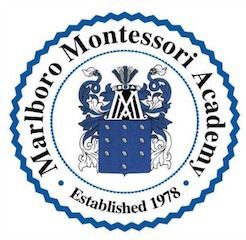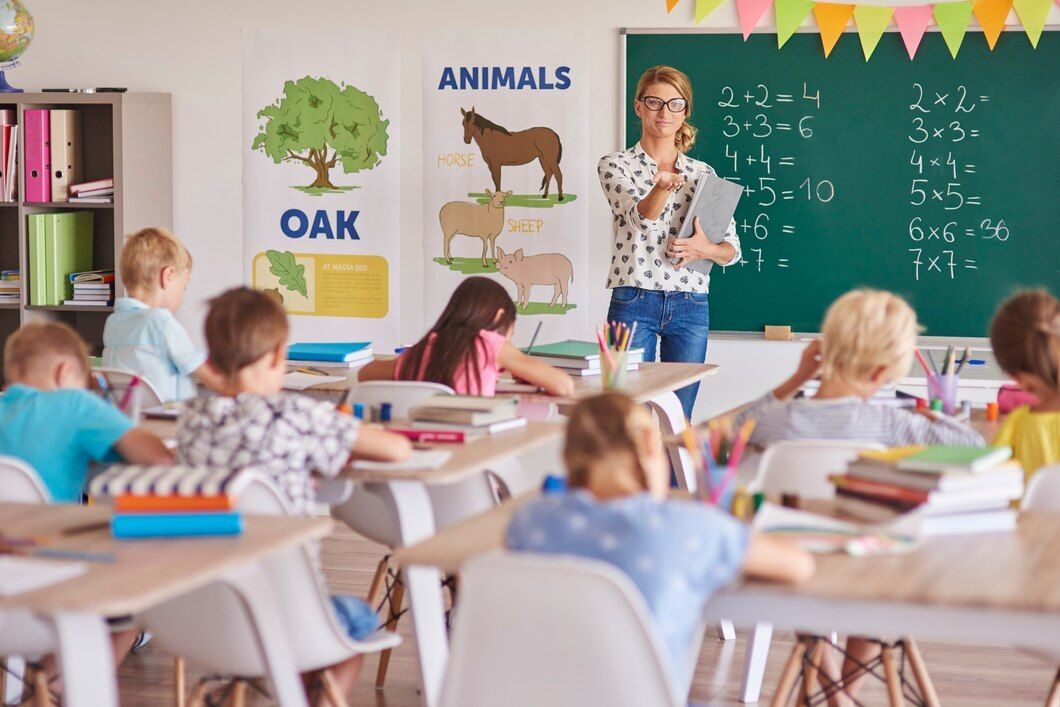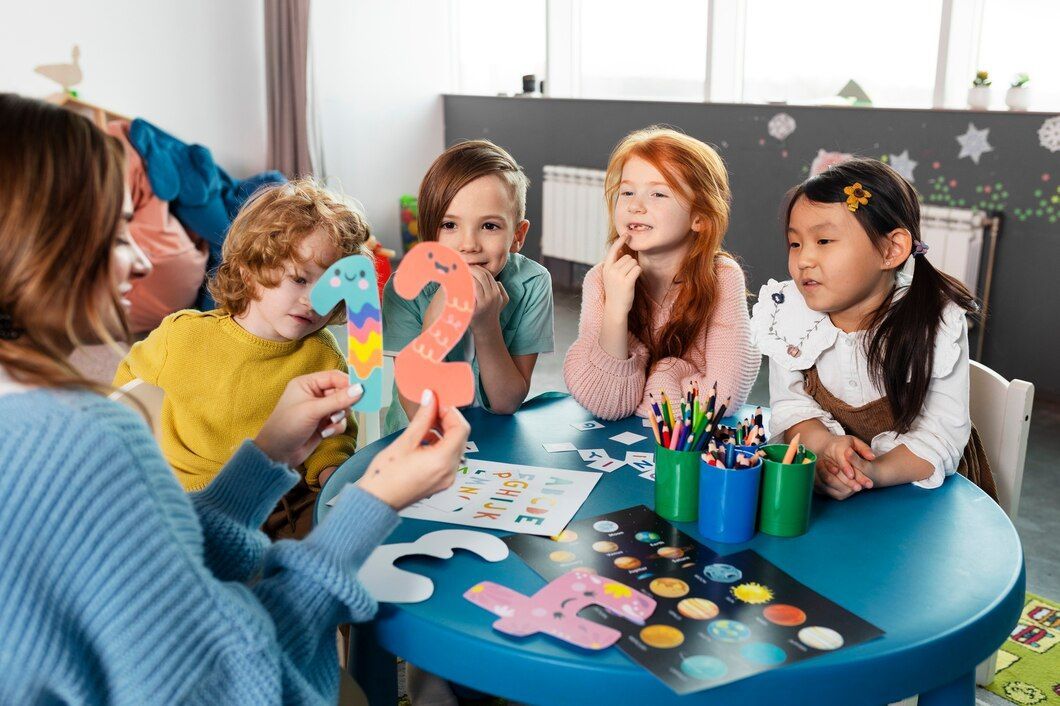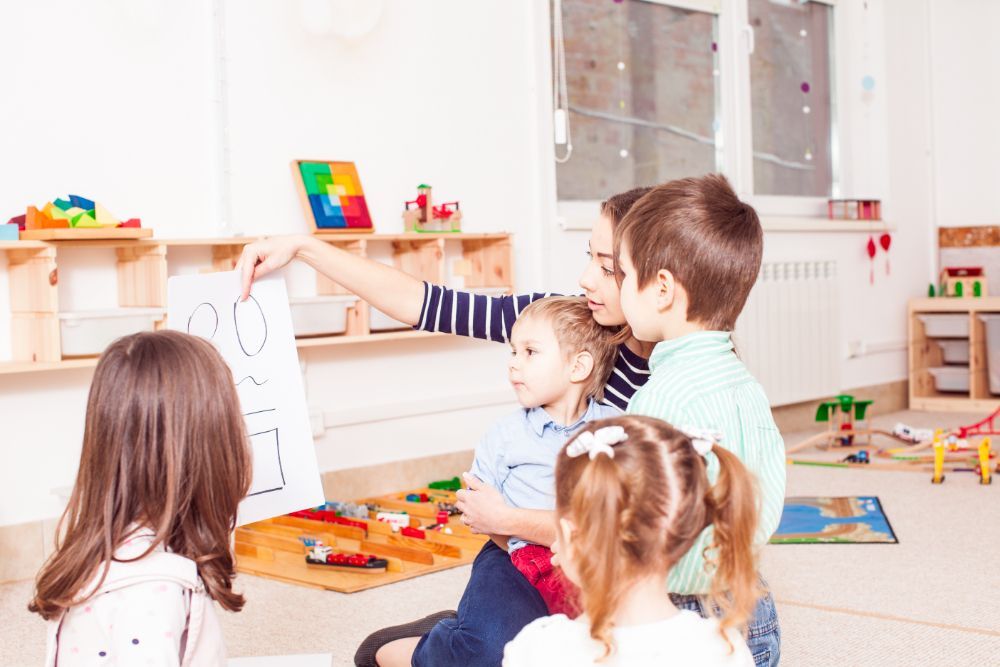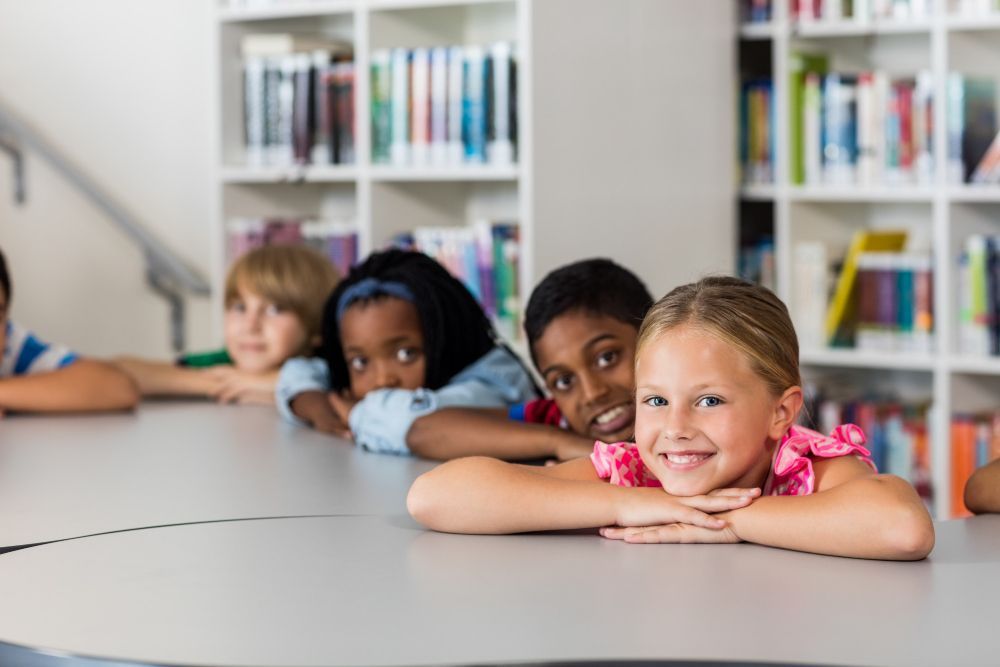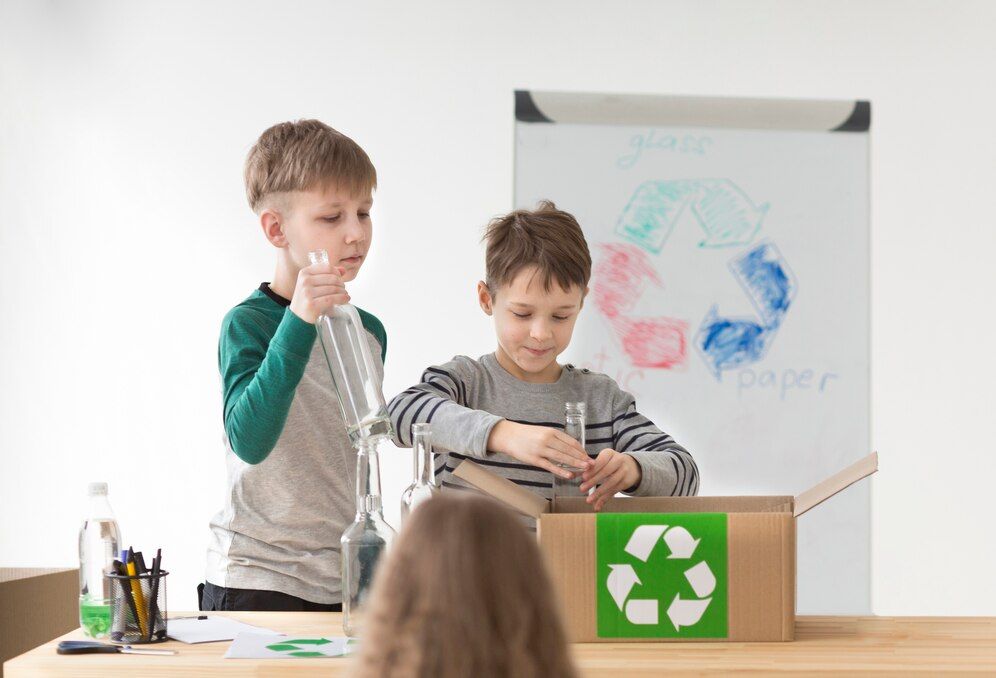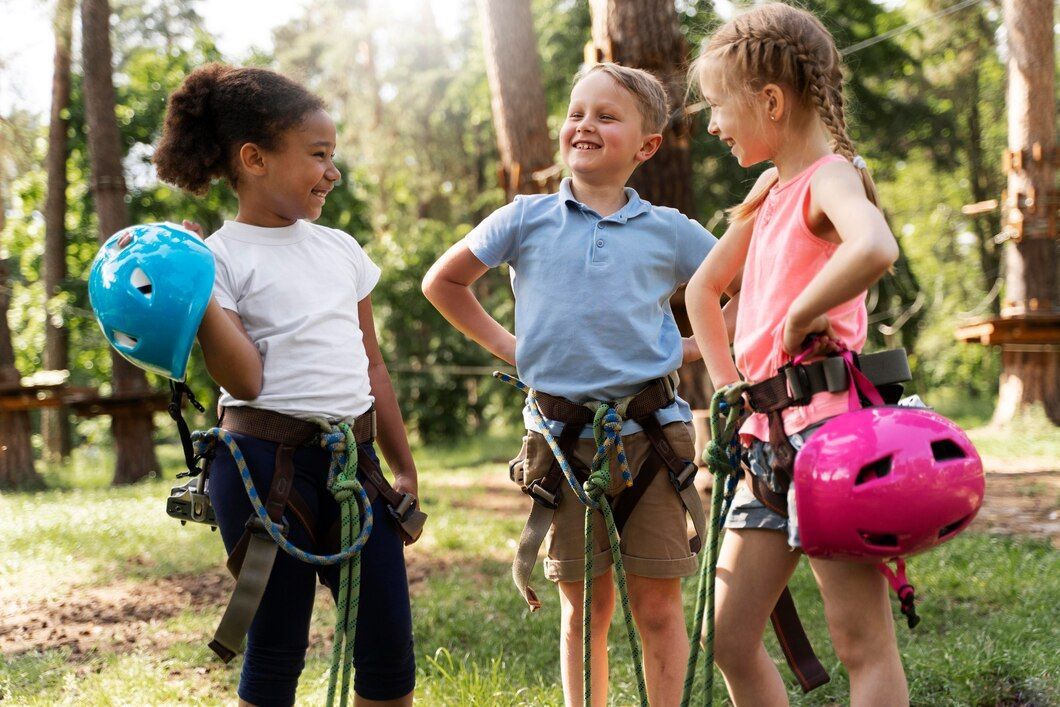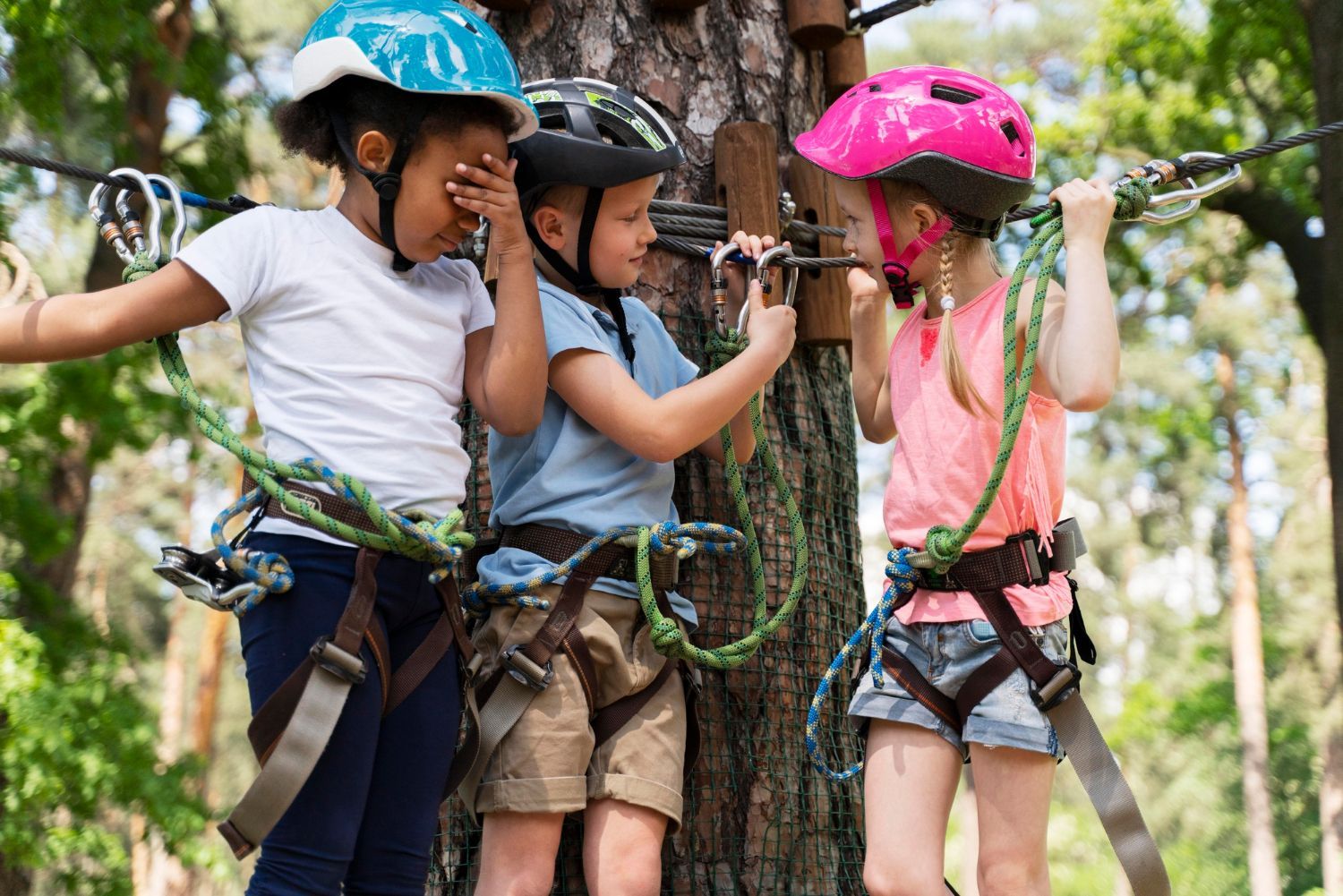732-946-1665
257 Highway 79, Morganville, New Jersey
How Montessori Methods Boost Learning in Marlboro Kindergartens
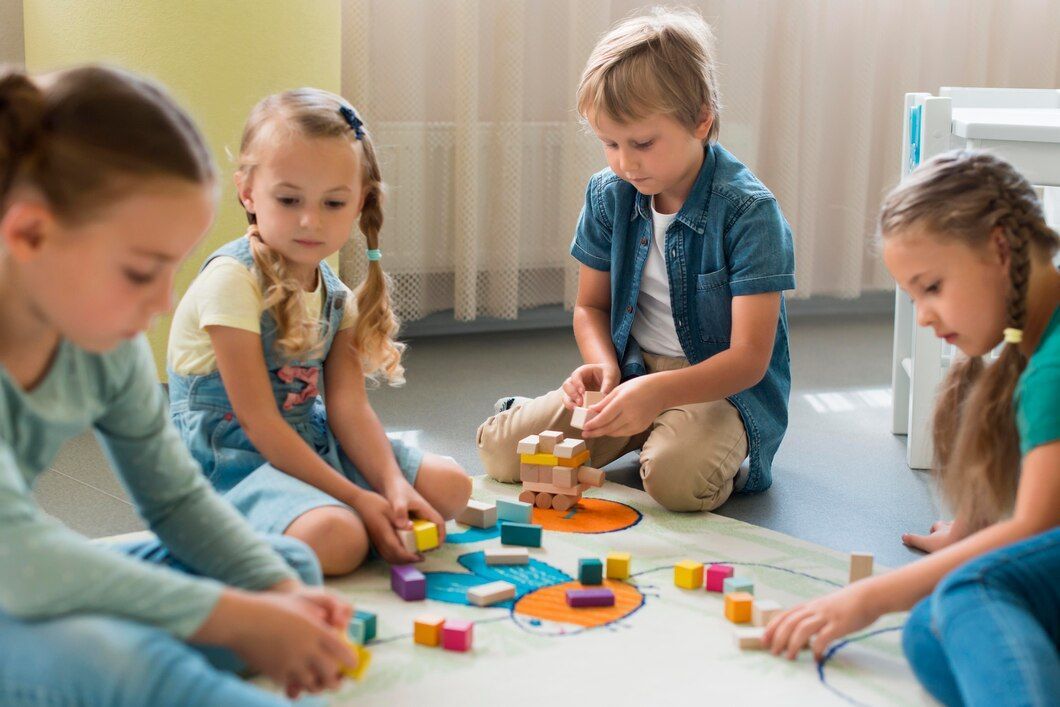
Montessori education stands out for its unique approach to teaching and learning, especially in the formative kindergarten years. Rooted in the philosophy of Maria Montessori, this method prioritizes child-led learning, hands-on activities, and the holistic development of each student. By tailoring the education to suit individual needs, Montessori kindergartens in Marlboro ensure that children are not just absorbing information but are actively engaged in their learning journey.
In Marlboro and the surrounding areas, Montessori kindergartens offer a nurturing environment where children can thrive academically, socially, and emotionally. The methods used encourage curiosity, independence, and a love for lifelong learning. Children learn at their own pace, explore their interests, and develop skills that are crucial for their overall growth. This approach lays a solid foundation for future academic and personal success, making Montessori kindergarten an excellent choice for parents who want the best for their children.
Understanding the Core Principles of Montessori Education
Montessori education is grounded in several core principles that distinguish it from traditional teaching methods. One of the fundamental concepts is child-centered learning. This principle emphasizes allowing children to take the lead in their educational journey, choosing activities that interest them and working at their own pace. This approach respects each child's unique development timeline and encourages autonomy.
Another important principle is the prepared environment. Montessori classrooms are designed meticulously to be inviting and conducive to independent learning. Everything from the furniture to the learning materials is scaled to child-size, promoting accessibility and engagement. The environment is organized to enable children to find what they need, return items to their places, and move about freely, fostering a sense of responsibility and order.
Multi-age groupings are also a cornerstone of Montessori education. In these settings, younger children learn from their older peers, while older children reinforce their knowledge by teaching younger classmates. This dynamic creates a collaborative community where social skills and peer learning are enhanced naturally. By understanding these principles, parents can appreciate the thoughtful structure that supports their child's growth in a Montessori kindergarten.
Hands-On Activities That Enhance Learning in Kindergarten
One of the hallmarks of Montessori education is its focus on hands-on activities that engage children in meaningful learning experiences. These activities are designed to foster active learning, critical thinking, and practical life skills. For instance, Montessori kindergartens often incorporate materials like sensory bins, building blocks, and practical life tools (e.g., child-sized brooms, tongs, and pouring sets) to teach various concepts.
In the area of mathematics, children might use counting beads or Montessori rods to understand numeracy and build a strong foundation in math skills. These tactile materials help children grasp abstract concepts by allowing them to manipulate objects and visualize quantities.
Language development is also heavily supported through hands-on activities. Children engage in letter tracing, word-building exercises with movable alphabets, and storytelling with visual aids. These interactive exercises not only enhance vocabulary but also improve fine motor skills and phonetic awareness.
Science exploration is another key aspect of Montessori hands-on learning. Kindergartners might investigate plant growth by planting seeds, study the properties of water through experiments, or construct simple machines. These activities stimulate curiosity and a love for discovery, laying the groundwork for future academic pursuits.
Fostering Social and Emotional Development
Montessori education strongly emphasizes social and emotional development, recognizing its importance in shaping well-rounded individuals. Children are encouraged to develop empathy, respect, and effective communication skills in a Montessori kindergarten. The multi-age classroom environment helps facilitate these social interactions naturally. Younger children learn by observing and interacting with older peers, while older students practice leadership and mentoring roles.
Conflict resolution and emotional intelligence are integral parts of the Montessori approach. Children are guided to express their feelings constructively and resolve disagreements peacefully. Techniques such as "peace tables" or designated areas where children can discuss their conflicts encourage positive social behavior and enhance interpersonal skills. These methods help children understand their emotions and those of others, fostering a compassionate and harmonious classroom atmosphere.
Grace and courtesy lessons are also a unique component of Montessori education, teaching children polite social behaviors and respect for others. Activities like greeting peers, offering help, and taking turns are incorporated into daily routines. These experiences build a strong foundation for healthy social interactions and emotional resilience, equipping children with the skills needed to navigate diverse social landscapes confidently.
How Montessori Encourages Lifelong Learning Skills
Montessori education is designed to instill a love for learning that extends beyond the classroom. One way it achieves this is by fostering intrinsic motivation. Since children choose their activities based on their interests, they are naturally more engaged and enthusiastic about learning. This self-directed learning cultivates curiosity and a lifelong desire to explore and discover.
Another key aspect is the development of problem-solving skills. Montessori materials and activities are structured to challenge children to think critically and find solutions independently. This method not only builds cognitive skills but also nurtures confidence and perseverance, qualities that are essential for lifelong learning.
Additionally, Montessori education emphasizes practical life skills. Activities such as cooking, cleaning, and organizing teach children valuable skills they can use throughout their lives. These tasks also promote independence and responsibility, helping children feel capable and competent. By integrating academic learning with practical skills, Montessori education prepares children to thrive in all areas of life, equipping them with the tools they need for continuous growth and learning.
Conclusion
The Montessori method offers a distinctive and effective approach to education, particularly in kindergartens. By focusing on child-centered learning, hands-on activities, and the holistic development of social and emotional skills, Montessori schools provide a nurturing environment where children can thrive. Furthermore, the emphasis on fostering lifelong learning skills ensures that children are well-prepared to face future academic challenges and personal endeavors.
If you’re looking to give your child a strong foundation with the
benefits of Montessori education, consider exploring Marlboro Montessori Academy - Summer Camp. Contact us today to learn more about our programs and how we can support your child's growth at our Marlboro and Colts Neck locations. Start your child's journey toward lifelong learning and success with Marlboro Montessori Academy - Summer Camp.
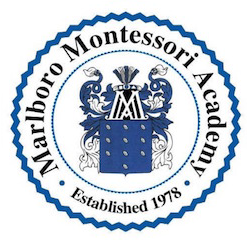
Navigation
Contact Info
Phone Number: 732-946-8887
CAMP: 732-946-2267
Fax Number: 732-946-1665
GPS Address
257 Highway 79
Morganville, NJ 07751
Mailing Address
P.O. Box 272
Wickatunk, NJ 07765
All Rights Reserved
All Rights Reserved | Marlboro Montessori Academy
Marlboro Montessori Academy
Website designed by: NJ Local Marketing
